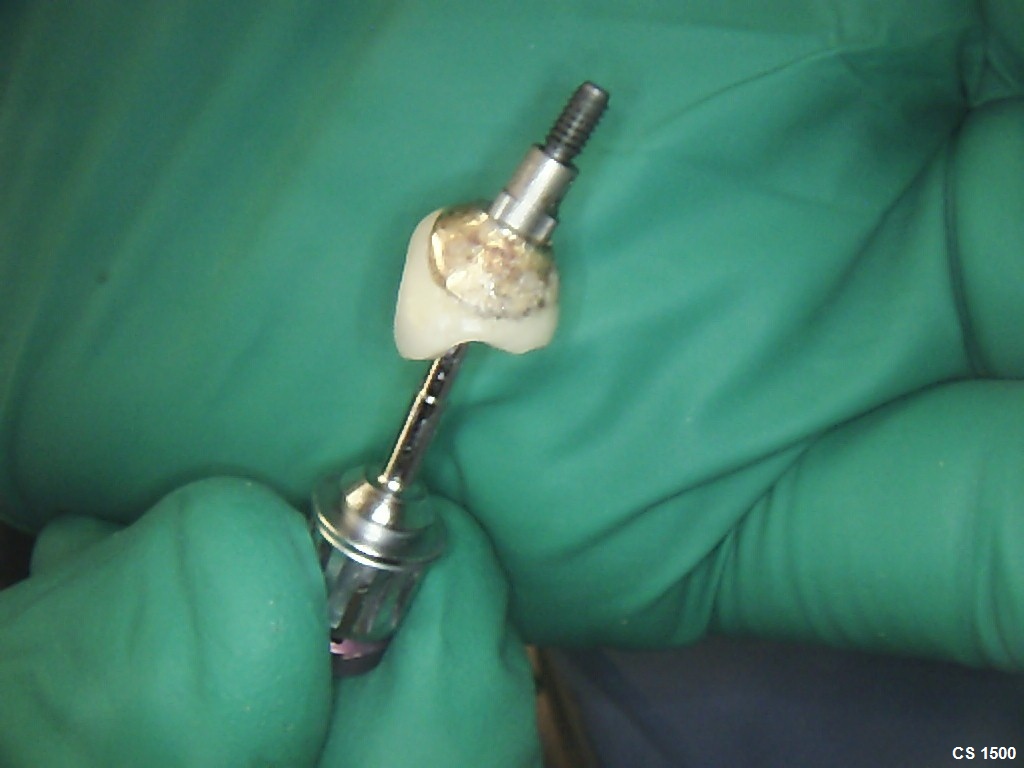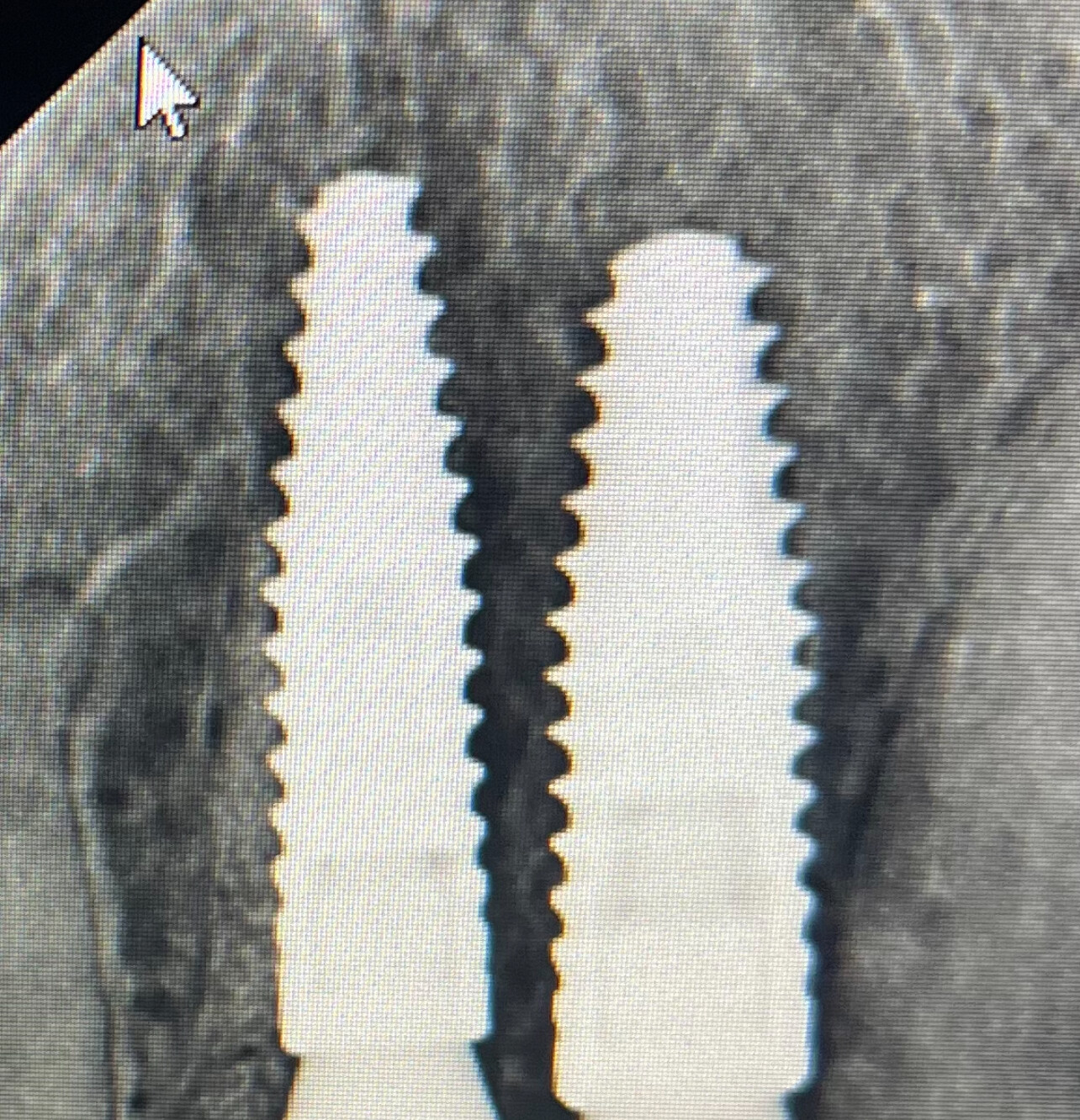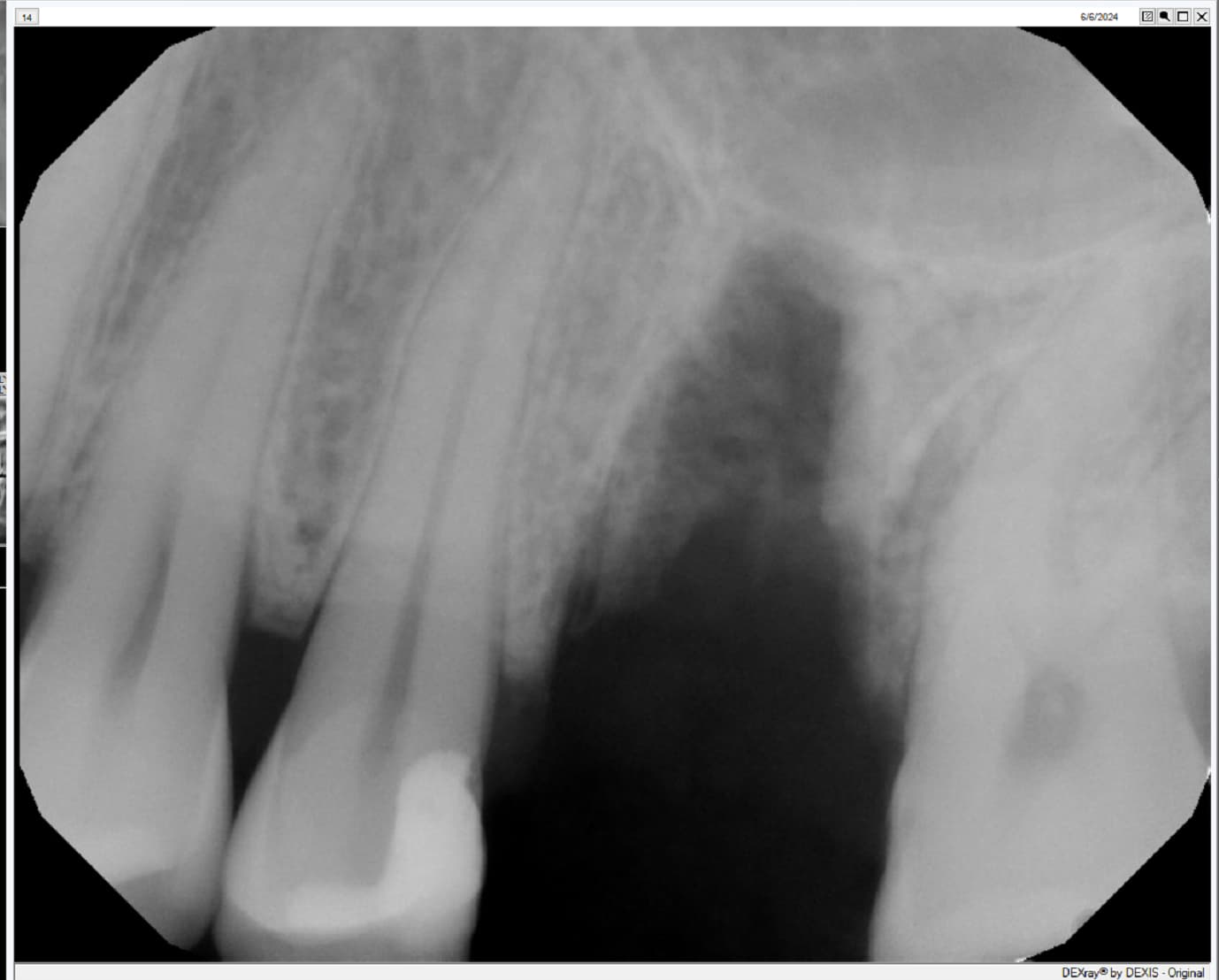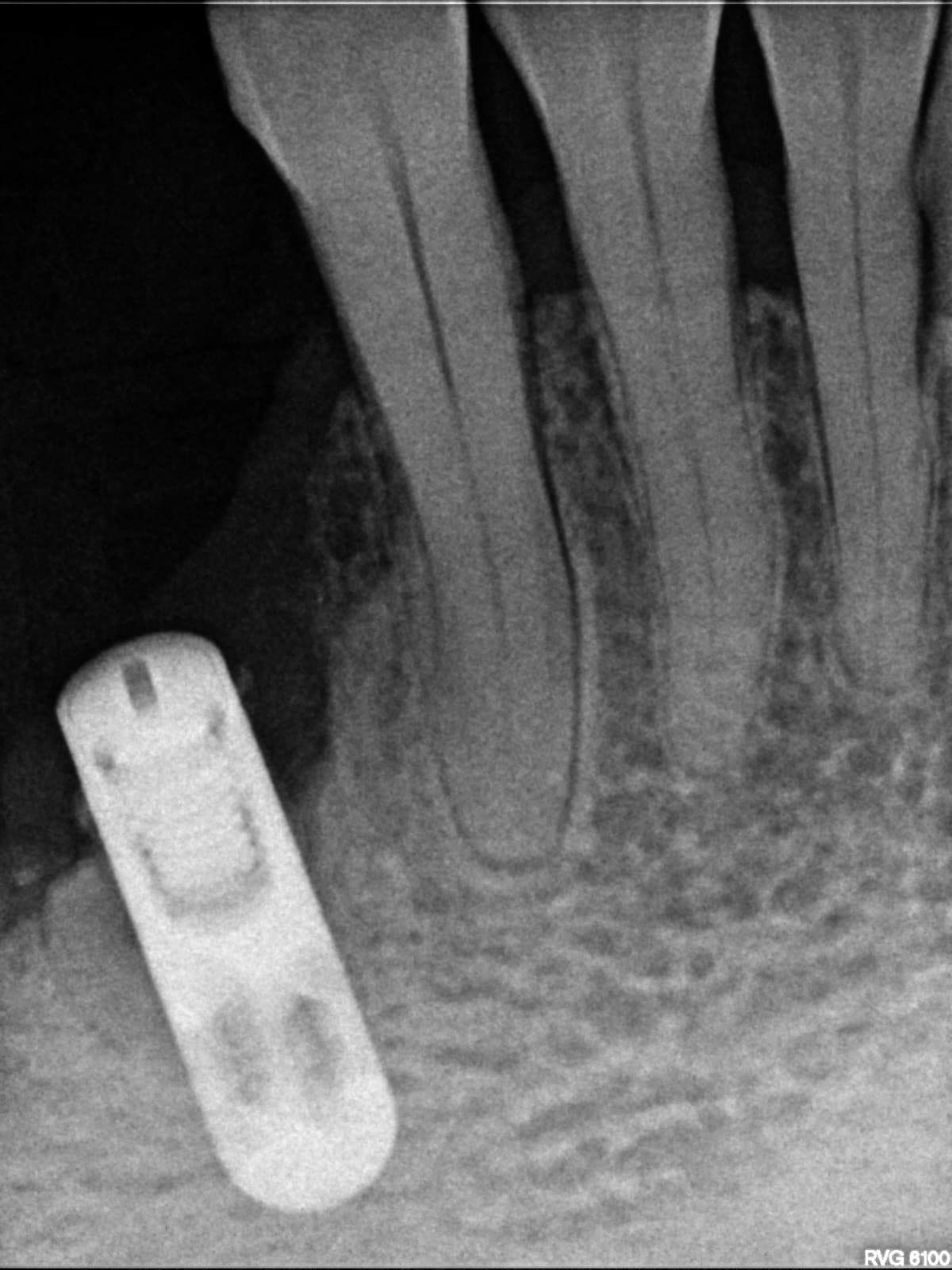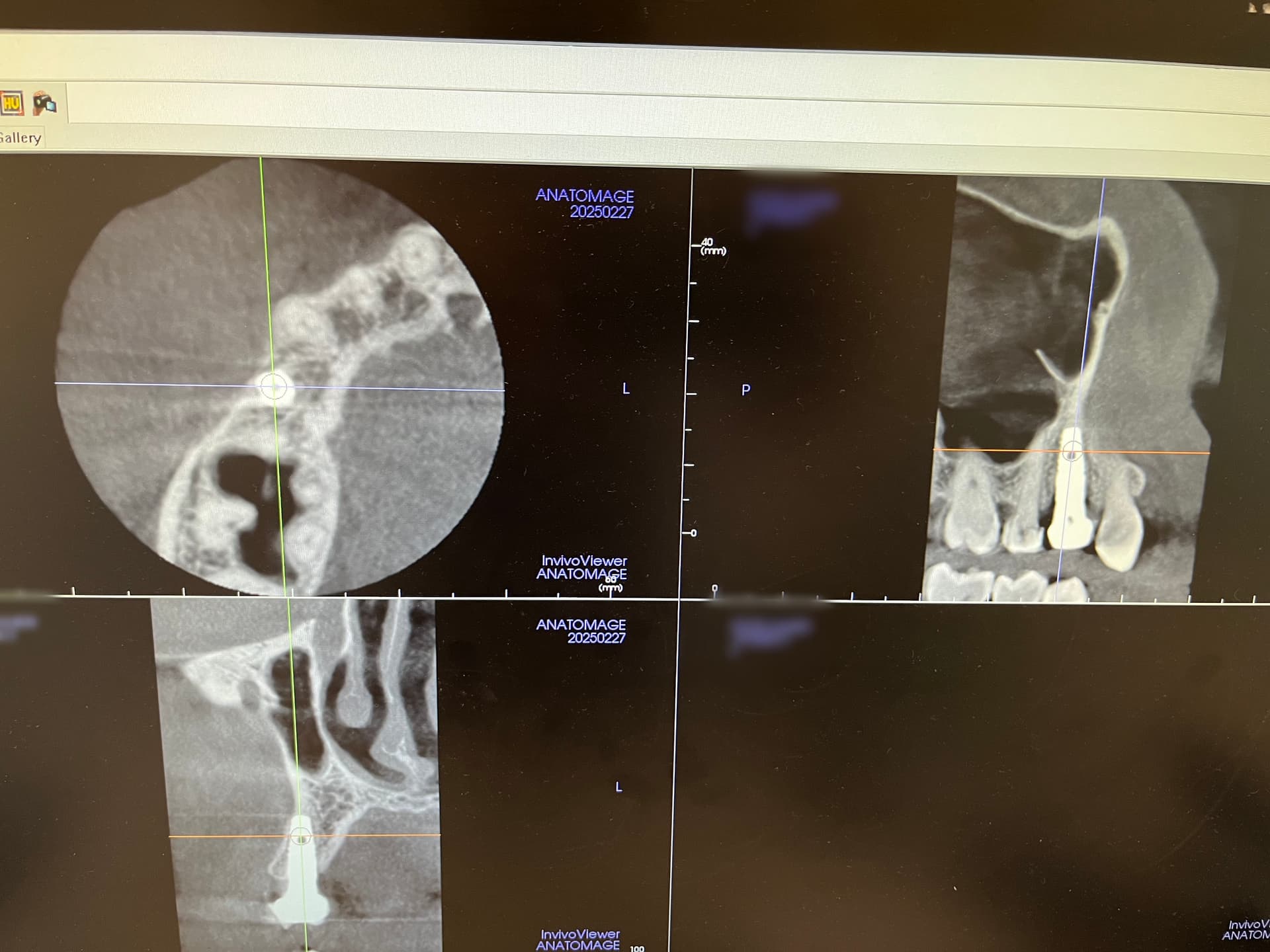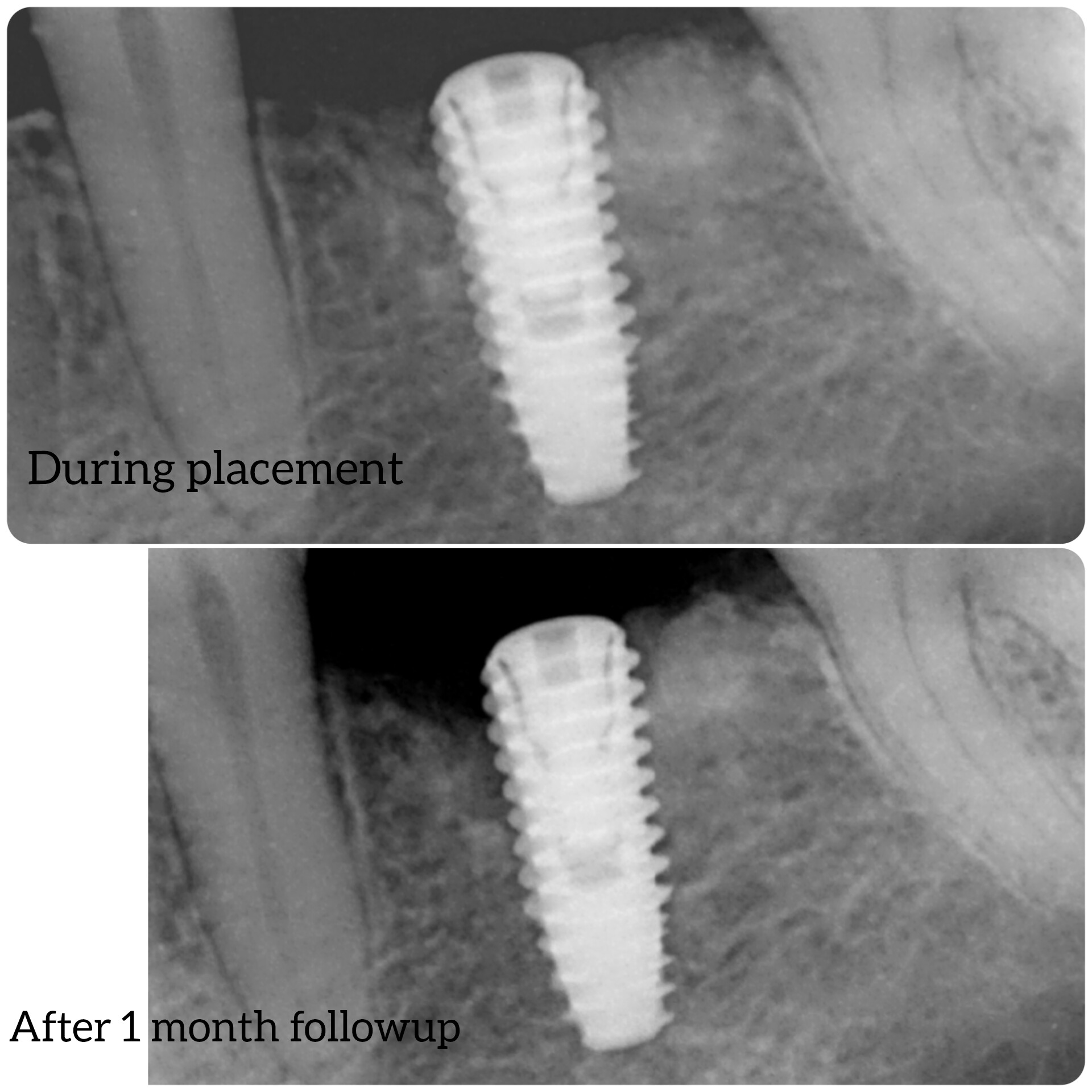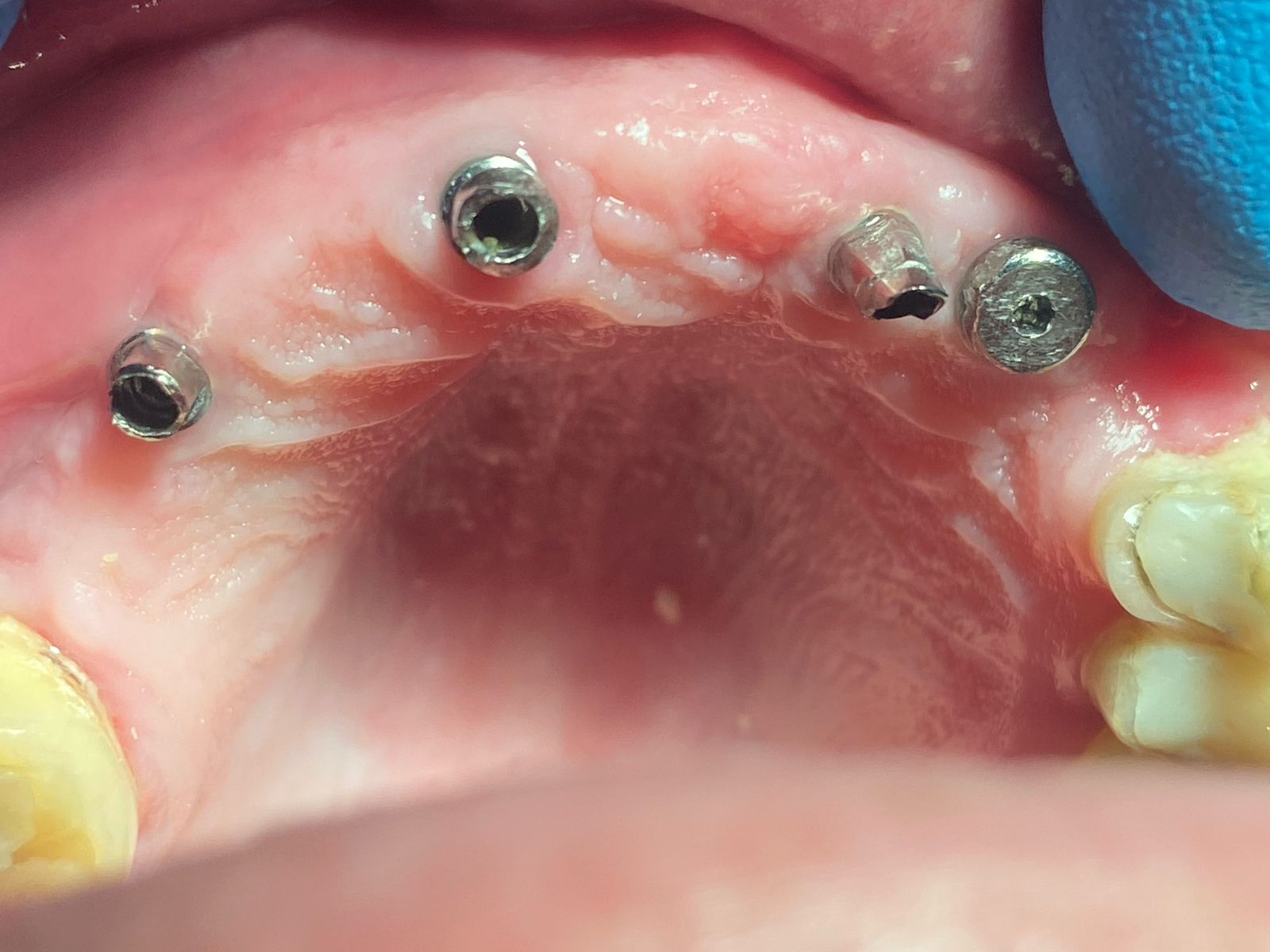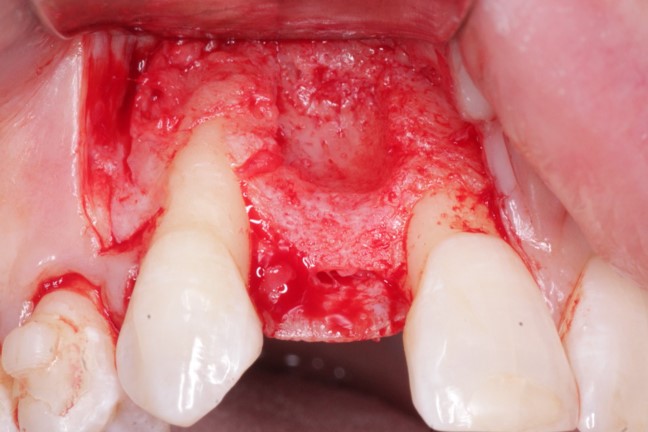Regular Dental Implant vs. Mini Implant: What is the Difference?
What’s the difference between a regular dental implant and a mini-implant? Are mini-implants safe and effective for a single tooth replacement? Finally, is it the norm to have the entire procedure done, tooth included, in the same day?
2 Comments on Regular Dental Implant vs. Mini Implant: What is the Difference?
New comments are currently closed for this post.
Anon
11/9/2015
There are many differences between the two styles of implants. Let me mention a few of the significant differences. Firstly, mini dental implants are smaller in diameter than regular implants, sometimes referred to as standard or conventional endosteal or endosseous dental implants. The small diameter or width allows the mini implant to be successful even in thin bone. This can avoid a bone graft procedure which adds expense, time, and discomfort. Also, health concerns may not allow a person to have the bone grafting procedure. Accordingly, in certain instances, Mini Dental Implants may be the only feasible option.Mini Implants are also one piece which means that part of the implant is in the bone and part of the implant protrudes through the gums into the mouth. Standard implants typically are made in two separate pieces because they usually need to heal in the bone for 3 months before they can be used. After healing the second piece, called an abutment, can be screwed into the implant in the bone and a tooth or denture be adhered. Some mini implants may be used for single tooth implants or implants to replace multiple teeth splinted together. There are a number of strategies that can be employed to accomplish this. As to your final question for having the entire procedure done in one day: I typically shy away from immediate placement of the final crown on the same day. I do however place a temporary tooth on the implant at the time of the implant surgery. This allows the patient to go home with a tooth where there was a space before. Also I can shape the temporary in a way that affords the implant good healing prior to true function. If the permanent crown is made right away, it may not only be less ideal esthetically, but it also might affect the long-term health of the implant itself.
PharmD
7/2/2020
Thanks for the heads up. I think this approach is feasible in my case but I need to proceed via appointment. On a different note, I would like to share what occurred with my daughter. She was suffering from a rare auto immune disease - Granulomatosis with polyangiitis. Part of her treatment was high doses of solu medrol. A few months later at her dental visit, the dentist asked if he can proceed on treating a just discovered cavity. I agreed to proceeding with the repairs. A few moments later, the dentist returned to the lobby to inform her mom and me that her tooth has shattered and will required a crown. Then it hit me that she had all those high doses of solu medrol. That prompted me to arrange for a follow up with her rheumatologist and found out she had osteopororis of one of her femur and her spine. We had to withdraw her from sport activities at her school.










